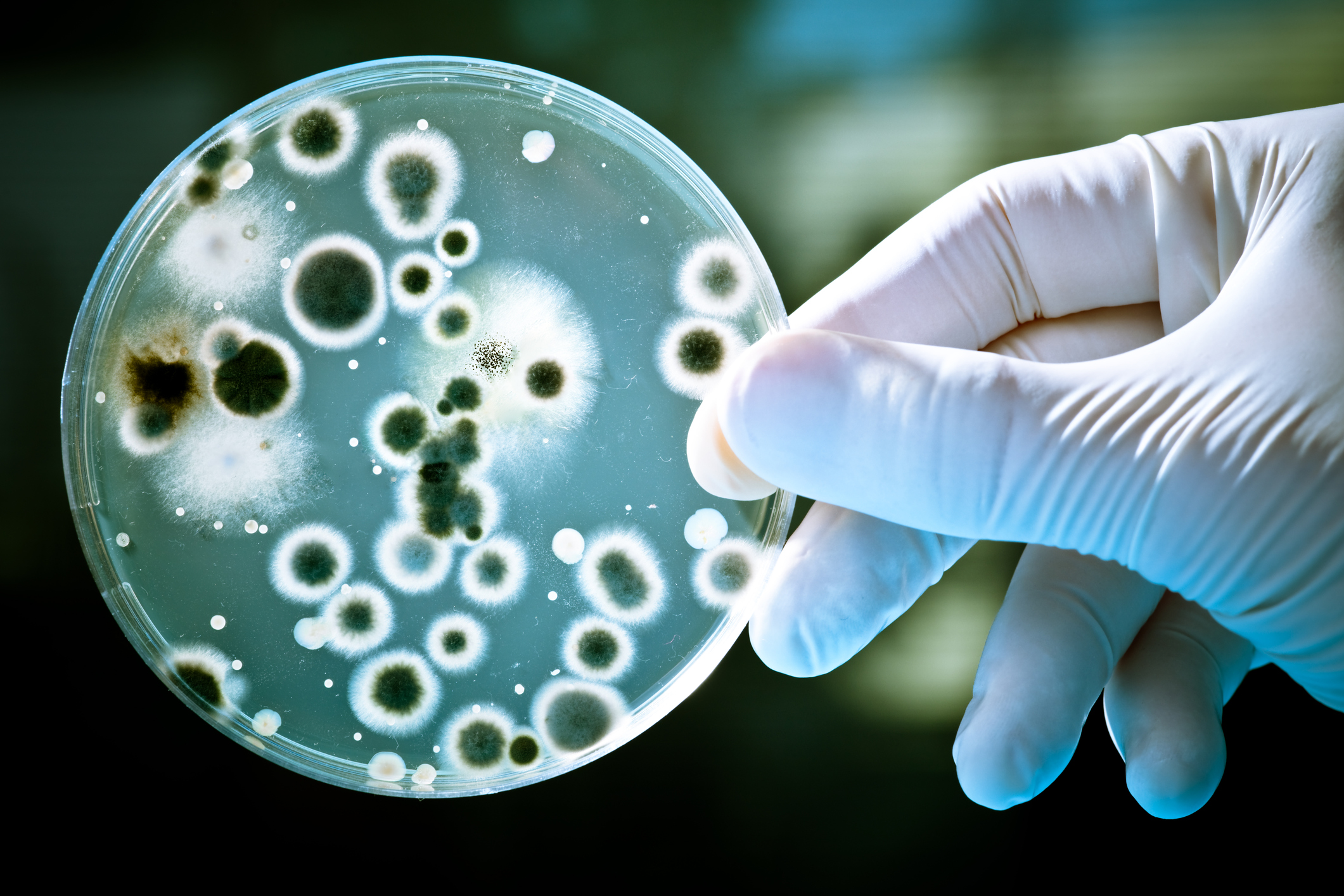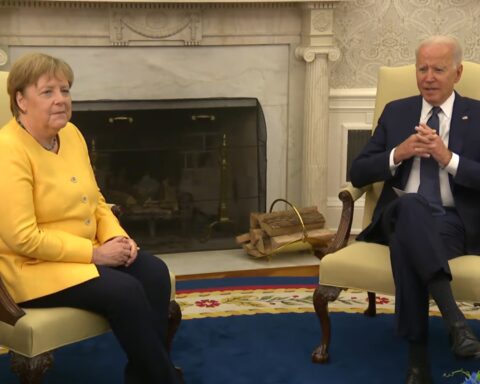High-level global leaders group will advocate for urgent action to combat antimicrobial resistance across all sectors and ensure the availability of important medicines for the future
GENEVA, 20 November 2020 – Group members include heads of state, government ministers, leaders from private sector and civil society. The group is co-chaired by their Excellencies Mia Mottley, Prime Minister of Barbados, and Sheikh Hasina Wazed, Prime Minister of Bangladesh.
The group will harness the leadership and influence of these world-renowned figures to catalyze global attention and action to preserve antimicrobial medicines and avert the disastrous consequences of antimicrobial resistance.
The Tripartite organizations launched the group during World Antimicrobial Awareness Week 2020 (18-24 November), as part of their shared call for united action to preserve and protect antimicrobial medicines. The group was created in response to a recommendation from the Interagency Coordination Group on Antimicrobial Resistance and supported by the Secretary-General of the United Nations.
The Director Generals described the rapid rise of antimicrobial resistance as one of the world’s most urgent threats to human, animal, plant and environmental health – endangering food security, international trade, economic development and undermining progress towards the Sustainable Development Goals (SDGs). Antimicrobial resistance also leads to increased health care costs, hospital admissions, treatment failure, severe illness and death. (link to WHO fact sheet).
Preventing the most severe outcomes of antimicrobial resistance
Antimicrobial resistance is making many infections harder to treat worldwide. WHO’s latest reporting shows that the world is running out of effective treatments for several common infections.
“Antimicrobial resistance is one of the greatest health challenges of our time, and we cannot leave it for our children to solve,” said Dr Tedros Adhanom Ghebreyesus, WHO Director-General. “Now is the time to forge new, cross-sector partnerships that will protect the medicines we have and revitalize the pipeline for new ones.”
A common agenda across human, animal and plant health
Misuse and overuse of antimicrobials in humans, animals and agriculture are the main drivers of antimicrobial resistance.Résistant micro-organisms can spread between humans, animals or the environment and the antimicrobial medicines used to treat various infectious diseases in animals and humans can be the same.
“No single sector can solve this problem alone,” said QU Dongyu, Director-General of FAO. “Collective action is required to address the threat of antimicrobial resistance – across different economic sectors and country borders.”
Elevating political leadership for good governance
The group will provide political leadership to address this critical global challenge.
It will elevate the need to prioritize best practices to address antimicrobial resistance at global, regional, and national levels. And it will advise and advocate for the development and implementation of polices and legislation to govern the importation, manufacture, distribution and use of quality antimicrobial drugs across all sectors.
“Antimicrobial resistance is a current problem affecting animal health, human health, and the environment, we need to act today to protect their efficacy,” said Dr Monique Eloit, Director General of OIE. “I am confident that this group will advocate powerfully to implement legislation and mobilize key stakeholders to change antimicrobial use practices to protect our collective health and welfare.”
More information on the work of the Tripartite (FAO/OIE/WHO) is available here.
For more information on World Antimicrobial Awareness Week, visit WHO’s campaign page.
Note to Editors:
The Interagency Coordination Group (IACG) on Antimicrobial Resistance was convened by the Secretary-General of the United Nations after the UN High-Level Meeting on Antimicrobial Resistance in 2017 following the request of the 2016 Political Declaration of the High Level Meeting on Antimicrobial Resistance contained in resolution A/RES/71/3. The IACG brought together partners across the UN, international organizations and individuals with expertise across human, animal and plant health, as well as the food, animal feed, trade, development and environment sectors, to formulate a blueprint for the fight against antimicrobial resistance. The Secretariat for the IACG was provided by WHO, with contributions from FAO and OIE. The IACG completed its mandate on 29 April 2019 upon the handover of its report to the UN Secretary-General.
The World Health Organization
The World Health Organization provides global leadership in public health within the United Nations system. Founded in 1948, WHO works with 194 Member States, across six regions and from more than 150 offices, to promote health, keep the world safe and serve the vulnerable. Our goals for 2019-2023 are to ensure that a billion more people have universal health coverage, to protect a billion more people from health emergencies, and to provide a further billion people with better health and well-being.
The Food and Agriculture Organization
The Food and Agriculture Organization (FAO) is a specialized agency of the United Nations that leads international efforts to defeat hunger. Our goal is to achieve food security for all and make sure that people have regular access to enough high-quality food to lead active, healthy lives. We believe that everyone can play a part in ending hunger.
The World Organisation for Animal Health
The OIE is the intergovernmental organisation responsible for improving animal health worldwide. Founded in 1924, it is recognised as a reference organisation for international standards relating to animal health and zoonoses by the World Trade Organization (WTO) and has a total of 182 Member Countries. The OIE maintains permanent relations with international and regional organisations and has Regional and Sub-regional Offices on every continent.




